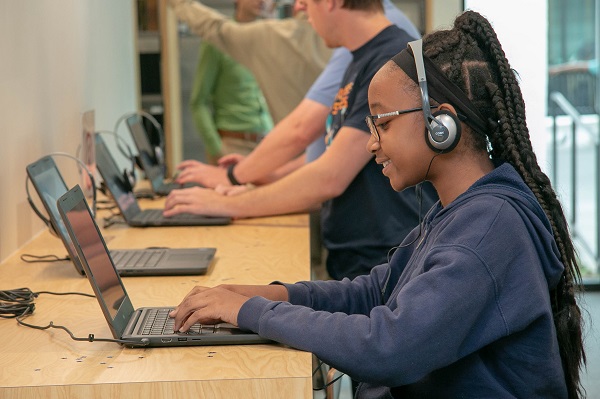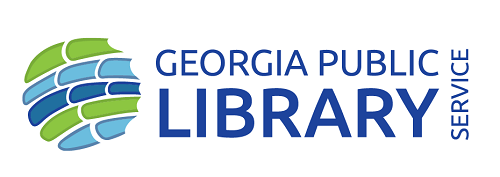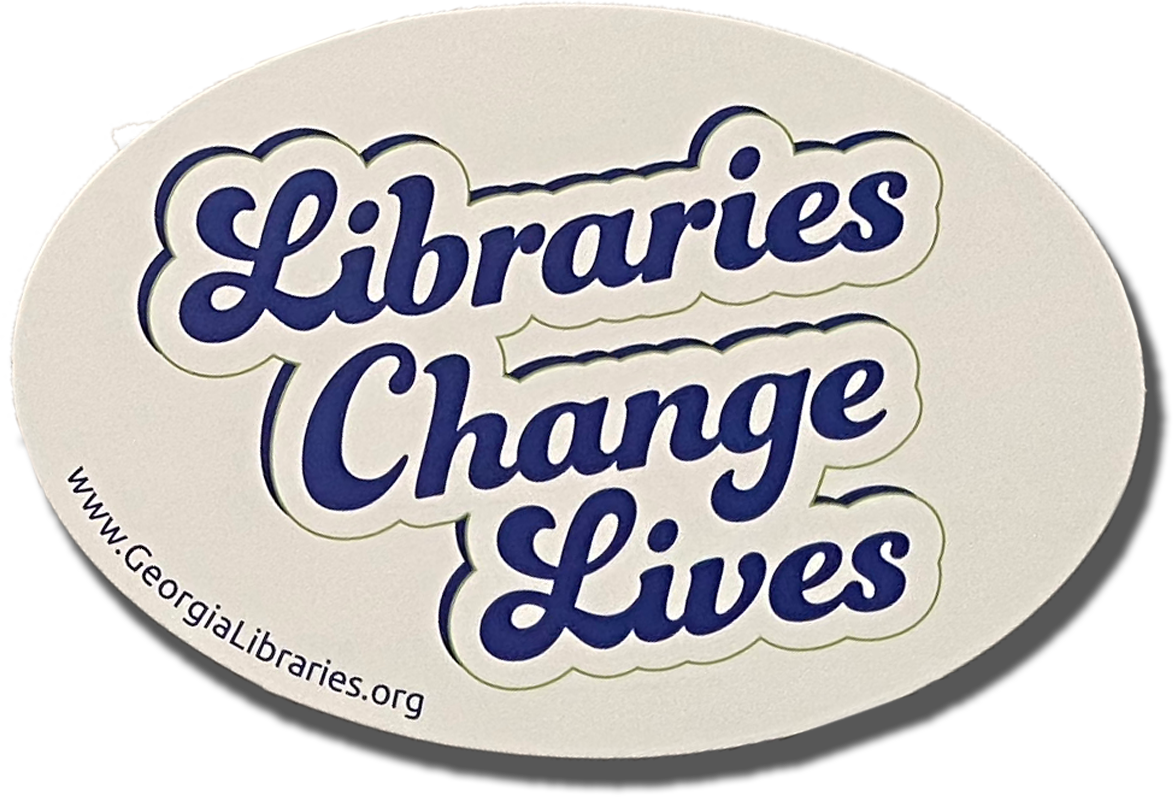Georgia Public Library Service receives CARES Act funds to improve internet access, check out computers, and more

Aug. 27, 2020
CONTACT: Deborah Hakes, dhakes@georgialibraries.org
The Georgia Public Library Service announced today that it has received $959,374.00 in Coronavirus Aid, Relief, and Economic Security (CARES) Act funds. Provided by the federal CARES Act, the grants will be used in several phases to help Georgia residents.
The first phase of projects includes:
- $124,000 for 450 ChromeBooks for libraries to check out to k-12, technical college, and university students in need of a device for work or school;
- $120,000 to expand internet access at eight public library systems using traditional and emerging technologies, such as TV Whitespace, which projects internet over the unused channels in the active television spectrum.;
- $10,000 for equipment and program development to create virtual tours with museum partners including the Michael C. Carlos Museum, Center for Puppetry Arts, Chattahoochee Nature Center, Museum of History and Holocaust Education at Kennesaw State University, William Breman Museum of Jewish Heritage, and Go Fish Education Center; and
- $91,995 for all 408 Georgia public libraries to have continued access to Beanstack, a tool that makes it easy to create and track reading activities for all ages. The service allowed libraries to continue their summer reading programs virtually and will be useful year-round because it also enables teachers to sign up entire classes for reading challenges.
“Federal funding for libraries in the CARES Act is a vote of confidence in libraries’ ability to deliver vital community services,” said Julie Walker, State Librarian and Associate Vice Chancellor for Libraries. “Through this funding, we have been able to continue meeting Georgians’ needs for internet connectivity, learning and reading resources, and devices needed to attend school virtually.”
Georgia Public Library Service received the funding from the Institute of Museum and Library Services (IMLS) to support the role of museums and libraries in responding to the coronavirus pandemic. In March, Congress provided the federal agency a total of $50 million in the CARES Act to distribute to states and territories.
Many state libraries used CARES Act funding to provide personal protective equipment (PPE) so libraries could safely continue offering vital services, but Georgia Public Library Service had already reallocated parts of its budget to meet that urgent need. This enabled GPLS to use CARES Act funds on expanding technology and learning resources access to the many Georgians in need.
IMLS Director Crosby Kemper III said, “COVID-19 has not only created a public health emergency, but it has also created a deep need for trusted community information, education, and connection that our libraries and museums are designed to provide. Access to and use of all kinds of health, job, government, educational, and community resources are necessary to weathering the current situation, beginning efforts to reopen, and sustaining our institutions.”
“All Georgia residents have the right to internet speeds that are essential for learning, working, and daily life overall,” said Julie Walker. Libraries have strived to provide that barrier-free access to broadband, and the CARES Act grants will put us closer to that goal. Our libraries will continue to serve communities in innovative ways as they face a challenging and uncertain future, and more resources will be needed. We urge federal lawmakers to include vital funding for libraries as they anchor the educational and economic health of Georgia’s communities.”
###
The Georgia Public Library Service (GPLS) empowers libraries to improve the lives of all Georgians by encouraging reading, literacy, and education through the continuing support and improvement of our public libraries. GPLS is a unit of the Board of Regents of the University System of Georgia. www.georgialibraries.org #georgialibraries
ALL PRESS RELEASES




